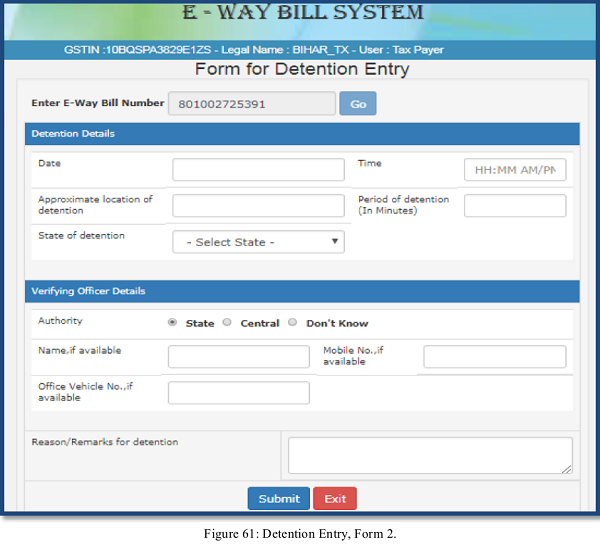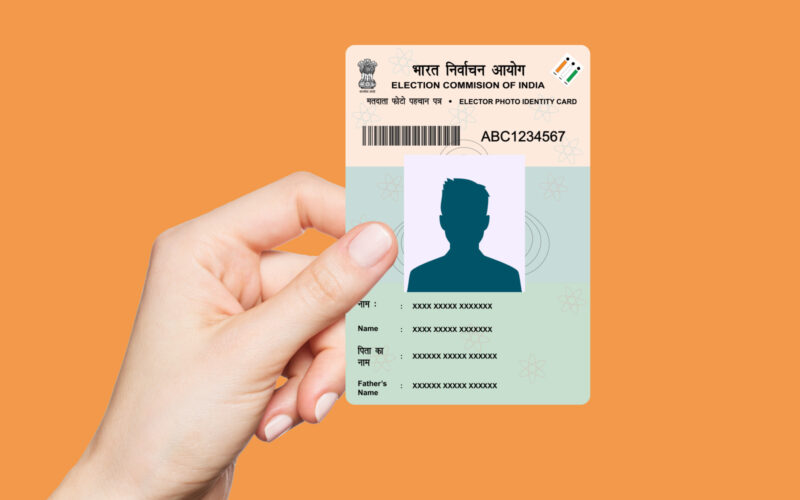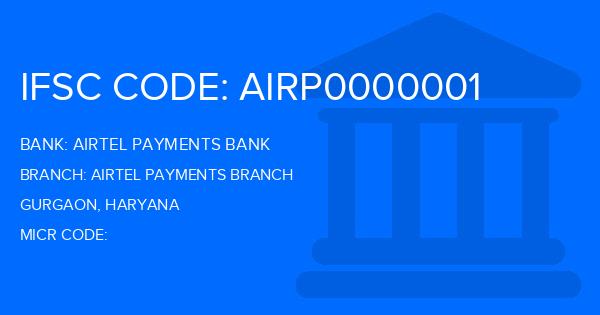Tamilnadu Property Registration – Charges and Procedure
There are certain legal documents that indicate the ownership of the property distinctly, and they can be obtained by paying the stamp duty and registration charges on the property in Chennai. Simply put, stamp duty is a property tax of sorts, which is to be paid in full by the buyer in the specified time. It is like the Advance Income Tax or the service tax collected by the government and serves as a legal evidence of the fact that the buyer has purchased the property. Paying the Stamp Duty and Property Registration Charges ensures that the property is officially registered in the buyer’s name. In case the buyer fails to do so, it will result in huge penalties and a decline in the value of the property. Stamp Duty and Property Registration Stamp duty is a direct the tax imposed by the state government on the sale or transfer of property according to Section 3 of the Indian Stamp Act, 1899. The amount of stamp duty is a specific percentage of the value of the property and it varies from state to state. It is applicable on all transfer instruments before registration (except in case of transfer by will), such as agreement to sell, conveyance deed, gift deed, tenancy agreements, exchange deed, etc. and it is payable before the execution of such transactions or within one working day. The stamp duty on property registrations form a significant part of the government’s revenue. Similarly, property registration charges refer to the fee that must be paid for registering the property in your Stamp Duty and Registration fee in Chennai Document Classification Stamp Solution Registration Fee Conveyance (Sale) 7% on the market value of the property 4% on the market value of property. Gift 7% on the market value of the property 4% on the market value of the property. Exchange 7% on the market value of the greater value. 4% on the market value of greater value property. Simple Mortgage 1% on the loan amount (subject to a maximum of Rs 40,000) 1% on loan amount (subject to a maximum of Rs.10,000) Mortgage with possession 4% on loan amount 1% (subject to the maximum of Rs.2,00,000) Agreement to Sale Rs.20 1% on total consideration if possession is given Agreement relating to construction of building 1% on the cost of the proposed construction/the value of construction/ the consideration specified in the agreement, whichever is higher 1% on the cost of the proposed construction/the value of construction/ the consideration specified in the agreement, whichever is higher Cancellation Rs.50 Rs.50 Partition i) Partition among family members 1% on the market value of the property (subject to a maximum of Rs.25,000 for each share) 1% (subject to a maximum of Rs.4,000 for each share.) ii) Partition among non-family members 4% on the market value of the property for separated shares 1% on the market value of the property for separated shares ii) General Power of Attorney to sell the immovable property (Power is given to family member) Rs. 100 Rs.1,000 iii) General Power of Attorney to sell the movable property and for other purposes Rs.100 Rs.50 iv) General Power of Attorney given for consideration 4% on Consideration 1% on consideration or Rs.10,000, whichever is higher Settlement – – i)In favour of family members 1% On the market value of the property (not exceeding Rs.25,000) 1% on the market value of the property (subject to a maximum of Rs.4,000) ii) Other Cases 7% on the market value of the property 4% on the market value of the property Documents Required for Property Registration Duty stamped signed and executed document. The claimant of the sale document must also sign in the sale deed and also appear before the registering officer for registration of the sale deed. Patta transfer application with court fee PAN Card or Number Patta passbook An ID card for executant and claimant (for all deeds) An ID card for witnesses (for power deed only) Property Registration Procedure Property Due Diligence Prior to negotiating the price of a property and/or entering into a property sale agreement, the buyer must first undertake a thorough due-diligence of the property to be purchased. Since property laws and procedures are complex, it is best to engage a qualified Lawyer specializing in property transactions from the relevant area to ensure smooth completion of the process. (Know more about the procedure for obtaining encumbrance certificate in Tamilnadu. Stamp Paper Purchase Once thorough due diligence of the property is complete, and the decision is made to go ahead with the purchase, stamp paper must be purchased based on the property registration charges. Stamp paper vendors must sell stamp paper at face value of the stamp. The Sub Registrars, Treasuries, and Assistant Superintendent of stamps, Chennai also provide stamp papers along with the stamp paper vendors. Further, stamp paper is also available at the “Stamp Sales Depot” at 27, Rajaji Salai, Chennai 600001. The Sub Registrars, Treasuries, and Assistant Superintendent of stamps, Chennai also provide stamp papers along with the stamp paper vendors. Preparing the Sale Deed A professional must draft the sale deed after purchasing the stamp paper. The following personnel can prepare the sale deed: Advocates Licensed document writers Chartered Accountants having document writing license It is very important to choose a professional with extensive experience for property purchases to ensure there are no defects in the sale deed. Property Registration Property registration in Tamilnadu must complete within four months of executing the sale deed. Delay in the registration of property documents attracts a penalty as below: Up to 1 week – 25% of the registration fee Up to 1 month – 75% of the registration fee For 4 months – 100% of the registration fee The property registration must be completed at the Sub-Registrar’s office under its jurisdiction, the property is situated or in the District Registrar’s office of that Registration District. It’s important to note that property registration doe outside the state is null and void. The Registrar returns the registered documents on the same day or
Tamilnadu Property Registration – Charges and Procedure Read More »








